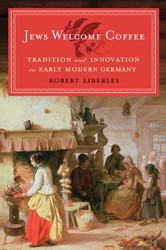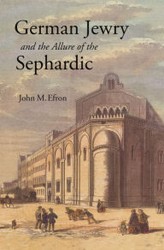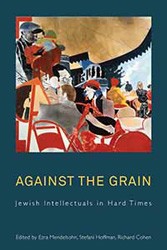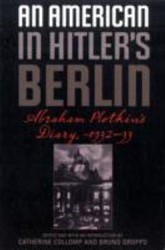During Germany’s parliamentary (Weimar) republic, 1919 – 1933, Jewish citizens sought to redefine and re-energize themselves. Diminished population growth and the perception of diminished population quality fostered therapeutic theories and programs. Urbanism, modernism, and individualism threatened family identity and family values, seen as the heart of Jewish vigor and continuity. The influx of Eastern European Jews brought positive models with regard to having large families, but problematic ones with regard to orderliness, economic productivity, and hygiene.
productive Jew was to be a good German. However, the Jewish agenda had its own nationalistic (and Zionist) component as well. A healthy, proliferating Jewish citizenry was required to insure the transmission ofJewish values, culture, and identity.
Philip K. Jason is professor emeritus of English at the United States Naval Academy. A former editor of Poet Lore, he is the author or editor of twenty books, including Acts and Shadows: The Vietnam War in American Literary Culture and Don’t Wave Goodbye: The Children’s Flight from Nazi Persecution to American Freedom.





